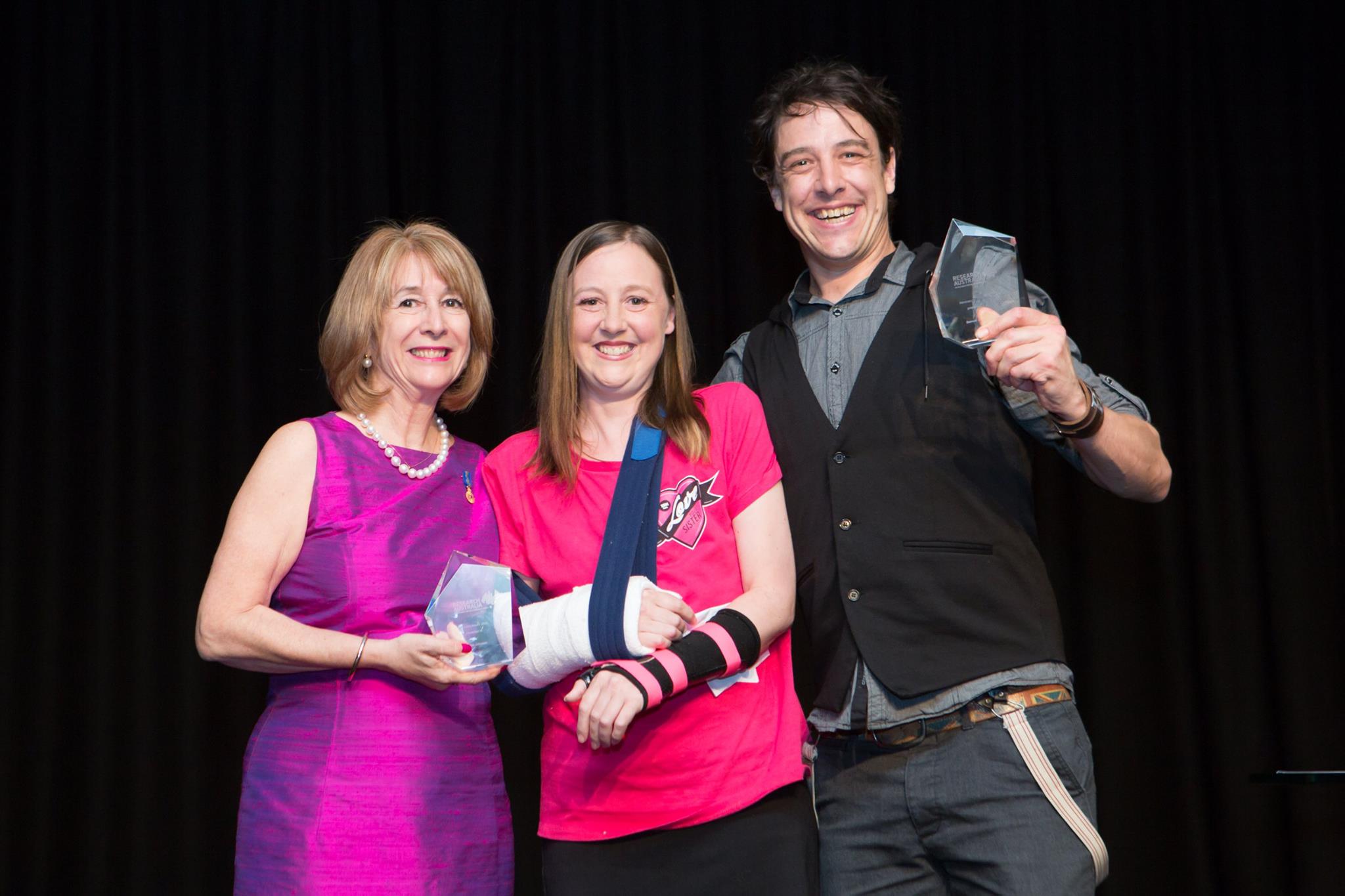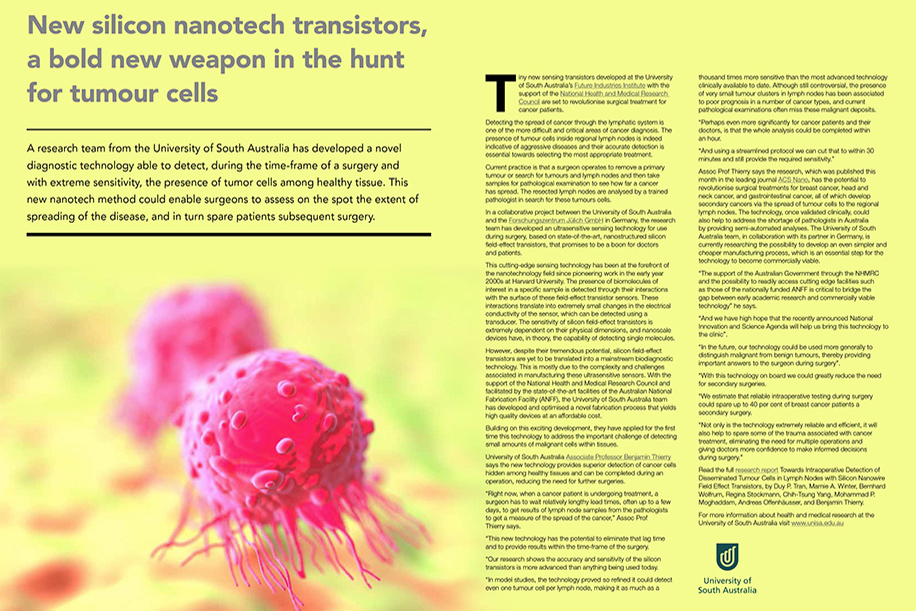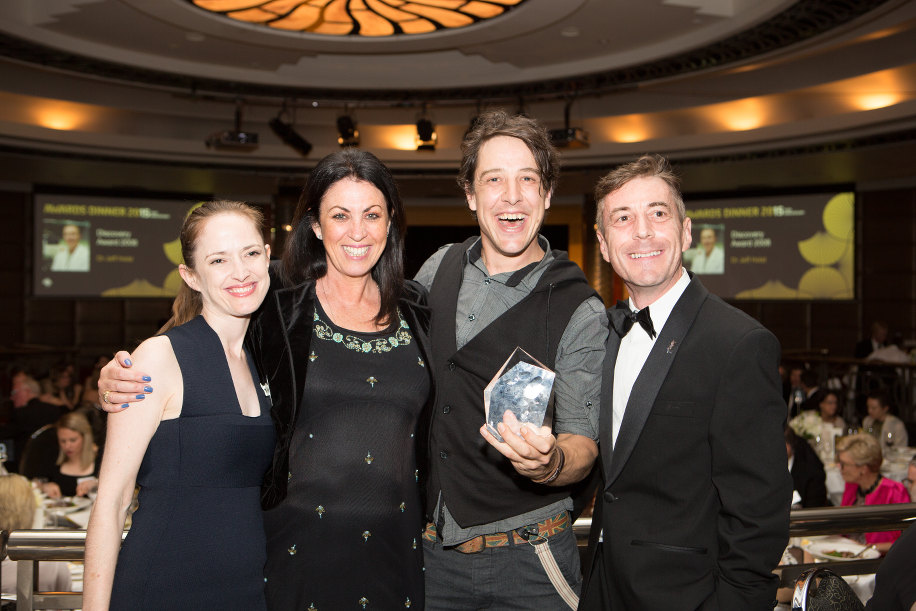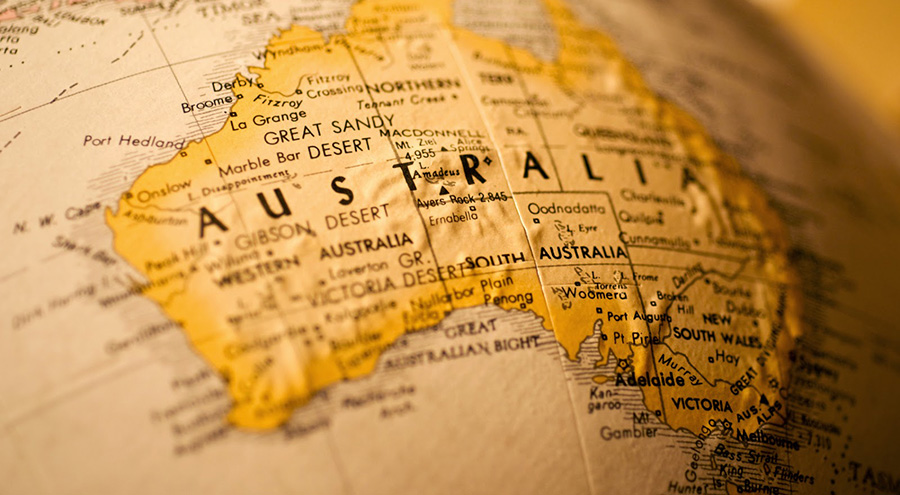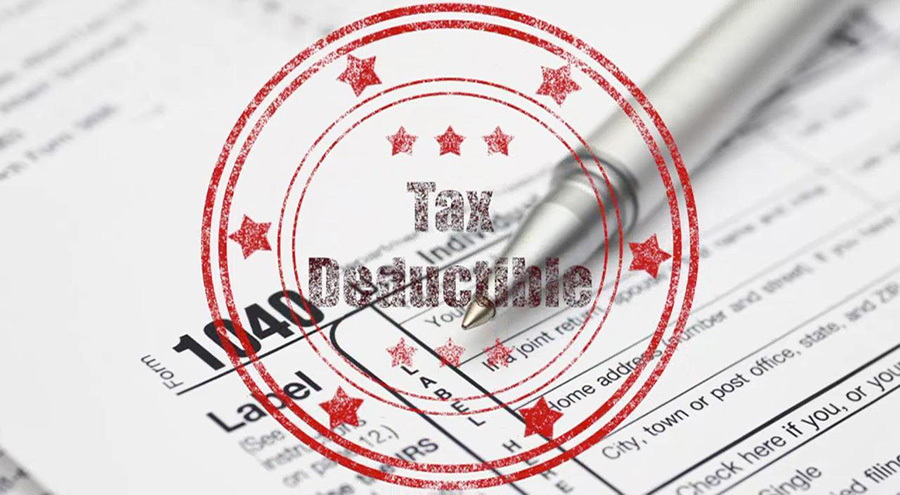grassROOTS Magazine
Autumn 2016 Issue Out Now!
Welcome to the Autumn issue of Research Australia’s grassROOTS magazine. Activity in our sector has been at fever pitch for a while now and there have been some good outcomes. The National Innovation and Science Agenda (NISA) was announced by the Prime Minister in early December. Research Australia welcomes this clear focus by our Government on science and innovation as essential to Australia’s future and there is no doubt that health and medical research has an important role to play.
This agenda reconfirmed the importance of the Medical Research Future Fund, it has enabled the set up of a biomedical translation fund to quickly address the funding gap for mid to later stage clinical research and development, and it is also focused on developing a new plan for research infrastructure and championing the importance of STEM subjects such as maths and science, in our education system.
R&D Tax Incentive Review
As part of the National Innovation & Science Agenda, the Government has commissioned Innovation and Science Australia to undertake a review of the R&D Tax Incentive.
While Research Australia proposed some possible minor amendments to the R&D Tax Incentive, we argued that on the whole the R&D Tax Incentive is already performing well against the Review’s criteria of effectiveness, integrity and encouraging additional R&D. Any changes to the R&D Tax Incentive at this point in time should be limited to improving the way it is administered.
Tax Incentives for early stage investors
As part of the National Innovation and Science Agenda (NISA) Treasury has undertaken a consultation on an initiative to provide tax incentives for early stage investors in innovative companies. Research Australia’s submission supports the proposal and suggests some amendments to improve its operation and reduce red tape. These include making registration for the R&D Tax incentive a qualifying condition for treating a company as an ‘innovation company’ in respect of which the tax incentive can apply, and allowing the tax incentive to be available to ‘retail’ investors. The tax incentive has the potential to increase the capital available to early stage innovative companies, including those seeking to commercialise new medicines, devices and therapies.
Proposed reduction in Minimum Distributions for Ancillary Funds opposed
Private and Public Ancillary Funds allow individuals and organisations to create trusts that can receive tax deductible donations and then distribute these amounts to charities in later years. The Treasury proposed allowing Ancillary Funds to reduce the amount they must distribute to charities each year, and to link this amount to their investment returns. Health and Medical Research is a recipient of funds from Ancillary Funds.
Research Australia has opposed the changes because linking the funds to economic conditions and investment market performance could reduce the amount of funds made available and lead to greater year-to year-variation in distributions
PCFA and the Movember Foundation announce funding for two new prostate cancer trials
Prostate Cancer Foundation Australia (PCFA) and the Movember Foundation have today announced funding towards two new clinical trials to address significant research questions that will potentially revolutionise the way prostate cancers are monitored and treated. These clinical trials involve the testing of a new scanning technique and the role of Vitamin D in preventing progression of prostate cancer.
Research Australia Events
2016 Research Australia
Health & Medical Research Awards
The 14th annual Research Australia Health and Medical Research Awards honoured some of the country’s top minds and big hearts for their incredible contribution to health and medical research in Australia.
Research Australia is proud to have had such an extraordinary night with incredible researchers who have distinguished themselves in their careers, be it early stage, mid career or through a lifelong commitment to HMR.
It is with great pleasure that we present the 2016 winners of the Research Australia Awards :
2016 AWARD WINNERS
THE PETER WILLS MEDAL
Recognises an Australian who has made an outstanding contribution to building Australia’s international reputation in the area of health and medical research, and fostering collaboration for better health.
Awarded to: Professor Ian Gust AO
ADVOCACY AWARD
Recognises an Australian from the media, a celebrity or member of the community who has raised community awareness about the benefits of health and medical research.
Awarded to: Brenda King, SIDS Stampede
THE GRIFFITH UNIVERSITY DISCOVERY AWARD
 Recognises an early researcher (no more than five years post PhD) whose paper/patent/discovery has already demonstrated its importance or impact.
Recognises an early researcher (no more than five years post PhD) whose paper/patent/discovery has already demonstrated its importance or impact.
Awarded to: Dr Rebecca Coll
Highly Commended: Dr Felicity Davis and Dr Michael Livingston
GREAT AUSTRALIAN PHILANTHROPY AWARD
To recognise and encourage personal philanthropic donations over a period of time by an individual or family to health and medical research.
Awarded to: The McCusker Charitable Foundation
DATA INNOVATION IN HEALTH AND MEDICAL RESEARCH AWARD
For the development of the most innovative method of gathering, making available, processing or interpreting data in a way that advances the sector.
Awarded to: Capital Markets CRC, Health Market Quality Team
Highly Commended: The National Breast Cancer Foundation and DreamLab (Vodafone and the Garvan Institute of Medical Research)
LEADERSHIP IN CORPORATE GIVING AWARD
Recognises outstanding leadership by a corporation or business giving to and supporting health and medical research through relationships or partnership and commitment over time.
Awarded to: Volvo Car Australia
NSW HEALTH HEALTH SERVICES RESE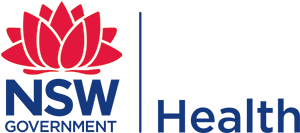 ARCH AWARD
ARCH AWARD
Created in 2014 to recognise the importance of the emerging field of health service research.
Awarded to: Professor Michael Barton OAM
GSK AWARD FOR RESEARCH EXCELLENCE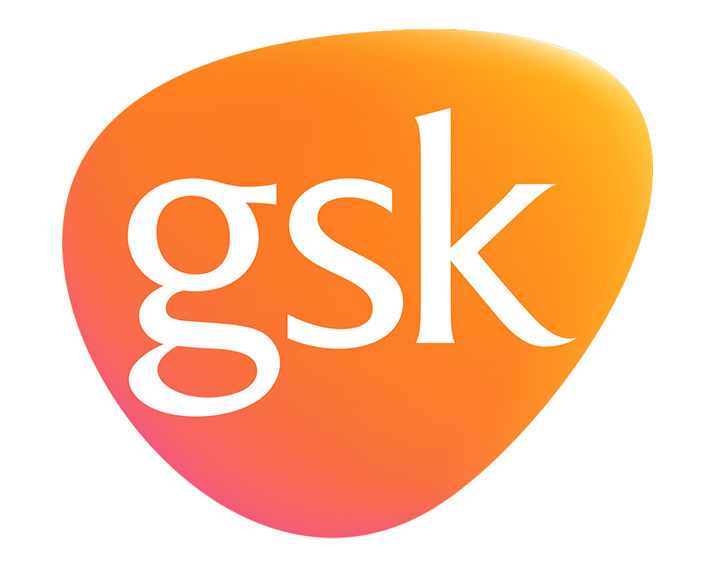
With its accompanying grant of $80,000, has played a part in assisting some of Australia’s most important leaders and innovators in the medical research sphere. Its focus is on helping support career development with an emphasis on human health and Australian research.
Awarded to: Professor Prof Arthur Christopolous & Patrick Sexton
Previous Research Australia Health & Medical Research Award Winners
Some of the 2016 Award Nominees and their stories
Clinical Trials
Clinical trials are conducted in human volunteers to test that new drugs, devices and therapies (‘interventions’) are safe and effective. A new compound may kill tumour cells in mice, but will it work effectively in people, and how big a dose is required? Can it be delivered as a tablet, or is an injection more effective? These are some of the questions that can only be answered with a clinical trial. For people with hard to treat diseases, participation in a clinical trial for a new drug may offer the only opportunity for a cure.
Clinical trials also provide the opportunity to compare the effectiveness of existing treatments or practices, to determine if they actually work, and which is best.
Clinical trials in Australia are subject to strict rules to protect participants and ensure the integrity of the trial process, so that the results can be relied on when deciding whether to allow a new intervention to be offered to patients in Australia, or whether existing practices should be changed.
More information about clinical trials is available at Australian Clinical Trials.
Pre Budget Submission 2016
Research Australia submission to the Treasurer in respect of preparations for the 2016 Budget acknowledges the importance of the Government’s focus on science and innovation to Australia’s future and makes a number of recommendations with the aim of improving supporting economic growth and developing a more innovative, safer, and efficient health system that delivers better quality care.
Inquiry into Tax Deductibility
The House of Representatives Economics Committee invited Research Australia to make a submission to its inquiry into Tax Deductibility. The Inquiry’s terms of reference from the Treasurer are to investigate broadening the tax base and lowering the tax rate by identifying existing tax deductions that can be removed. Research Australia’s submission addressed the question of fairness when considering the removal of tax deductions that are of particular importance to some groups of taxpayers, and the use of deductions to provide incentives for particular expenditures. Research Australia’s submission focused on the tax deduction for self education expenses (important to the many researchers who are responsible for their own ongoing education) and the tax deductibility of donations to charities, including many not for profit health and medical research organisations.

